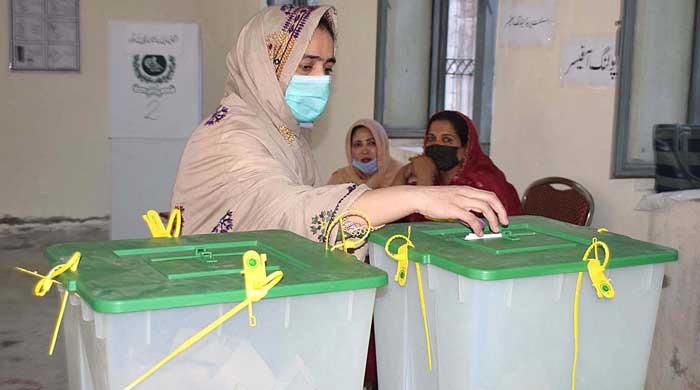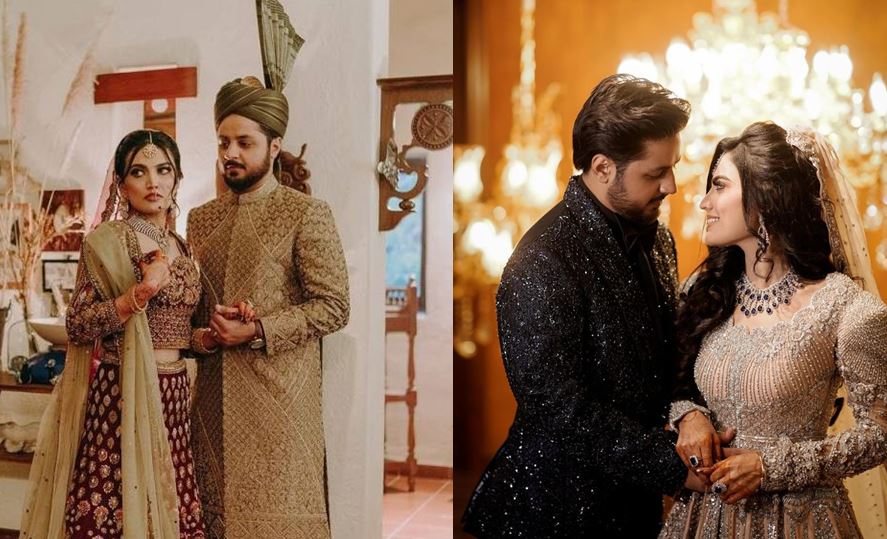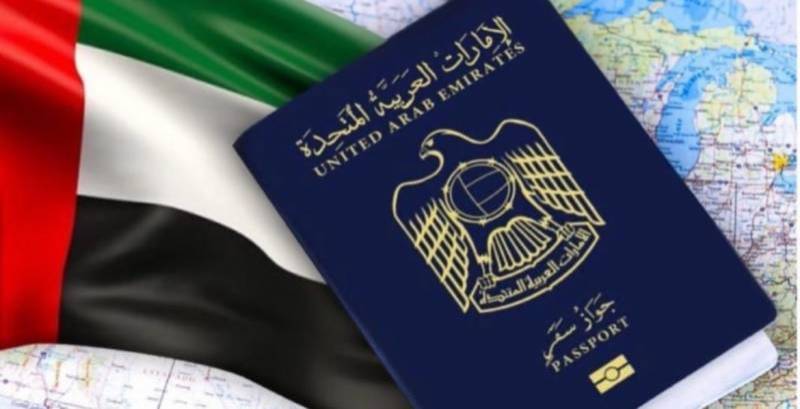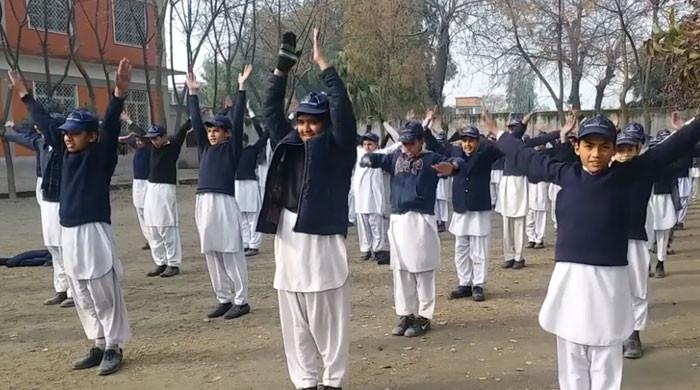IN the evolving landscape of modern warfare, there is a profound disparity in the way conflicts are perceived and portrayed around the world. This divergence becomes glaringly evident when we compare the reactions of different regions to conflicts such as the Hamas-Israeli struggle. These contrasting responses underscore the transformative role of media and propaganda in shaping public perceptions of global conflicts. It’s a stark reminder of the power of information warfare in influencing our understanding of complex geopolitical issues. In this article, we explore how various regions interpret and respond to conflicts and the pivotal role that media plays in this process.
One of the striking aspects of contemporary conflicts is how state-endorsed propagandists adopt distinct narratives to frame them. These narratives often serve the purpose of advancing the geopolitical interests of the nations behind them. While some express concern or horror in response to conflicts, others choose to view them differently. For instance, in Russia, state-endorsed propagandists have welcomed the fighting in the Hamas-Israeli conflict as a diversion. According to this perspective, the conflict acts as a useful distraction, redirecting the attention of the western world away from Russia’s actions in Ukraine. Such diversionary tactics are common in the realm of propaganda, where the aim is to obfuscate the actual circumstances surrounding a conflict.
In the complex web of international relations, diplomatic ties and interactions with various parties involved in a conflict can significantly impact how a nation perceives and interprets that conflict. For example, Russia has maintained diplomatic ties with Hamas. High-ranking delegations from Hamas have visited Russia and conducted discussions with Russian Foreign Minister Sergey Lavrov. These interactions have highlighted growing impatience within Hamas concerning Israel’s actions, which adds a layer of complexity to Russia’s stance on the conflict.
It’s worth noting that within certain regions, both citizens and senior officials have openly displayed controversial views. Dmitry Steshin, a military correspondent known for his provocative statements, has made derogatory remarks regarding Israeli civilians and Russian Jews who have emigrated to Israel. Such statements can have serious implications for international relations and can sow divisions among nations.
The narratives crafted by propagandists often link ongoing conflicts to a nation’s broader geopolitical interests. In Russia, for example, propagandists argue that the Hamas-Israeli conflict serves as a convenient distraction for the West, diverting its focus away from Ukraine, where Russia has been actively involved. This narrative emphasizes that the conflict effectively engages the “globalist toad,” alluding to the West, in addressing the Middle Eastern fire, a situation that Moscow views as a beneficial outcome. Furthermore, the propagandists juxtapose Iran as Russia’s genuine military ally and Israel as a staunch ally of the United States, implying that choosing a side is a straightforward decision. This type of framing is often used to gain support for a particular stance on a conflict.
During discussions on conflicts, particularly on media platforms, it is common to draw parallels with historical events or other conflicts. These comparisons can shape public opinion and garner support for a particular narrative. For instance, Sergey Mardan drew a peculiar parallel between the situation in Palestine and Russia’s own history. He asserted that Russia has been “occupied” since 1991, echoing rhetoric that is frequently employed in the context of Ukraine’s alleged occupation of Russian territory.
Key figures within the media landscape often articulate views that underscore divisive narratives surrounding conflicts. These narratives often place blame on other nations for their involvement and may disseminate unverified claims. Margarita Simonyan and Vladimir Solovyov are prominent figures in the Russian media who have contributed to such narratives by emphasizing the West’s involvement in conflicts and propagating unverified claims about Ukraine supplying arms to Hamas, despite the apparent implausibility of such a scenario.
Public reactions to conflicts can vary widely and may reflect unique cultural or historical perspectives. Sergey Markov, a former Advisor to Russian President Vladimir Putin, introduced a supernatural element into the discussion by attributing the eruption of conflict in Israel to Russian émigrés “jinxing” any country they relocate to. According to Markov, Russia is calling for peace, but war is an inevitable outcome. This perspective, while speculative, reflects the interconnectedness of domestic and international agendas.
It is essential to acknowledge the role of state-controlled media in shaping public opinion and promoting specific narratives. These narratives significantly contribute to shaping the perspectives and attitudes of the populace, often aligning with the geopolitical objectives of the government. This influence highlights the power that media wields in shaping public perceptions of conflicts.
The contrasting responses to conflicts between different regions offer a compelling insight into the changing landscape of global conflicts. This incongruity serves as a stark reminder of the power of media in influencing our understanding of complex geopolitical issues. It underscores the pivotal role that propaganda and media narratives play in shaping public perceptions and opinions about warfare.
As we navigate an era characterized by information warfare, the ability to critically evaluate and discern the information presented to us is paramount. Media literacy equips individuals with the tools to assess the credibility of sources, recognize bias and separate facts from fictions. It empowers us to be active and discerning consumers of information, helping us resist the undue influence of propaganda and disinformation.
The divergent reactions to various conflicts worldwide underscore the transformative role of media in shaping public perceptions of global conflicts. This incongruity serves as a stark reminder of the power of media in influencing our understanding of complex geopolitical issues. To navigate this media landscape effectively, media literacy and critical thinking have become essential skills, enabling individuals to engage with information critically and make informed judgments in an era marked by information warfare. The ability to critically evaluate information and discern between various narratives is crucial in a world where conflicts are not only fought on the battleground but also in the realm of information.
—The writer is Researcher at Centre for International Strategic Studies, AJK. Working on Cyber Warfare and National Security.
Email: [email protected]






